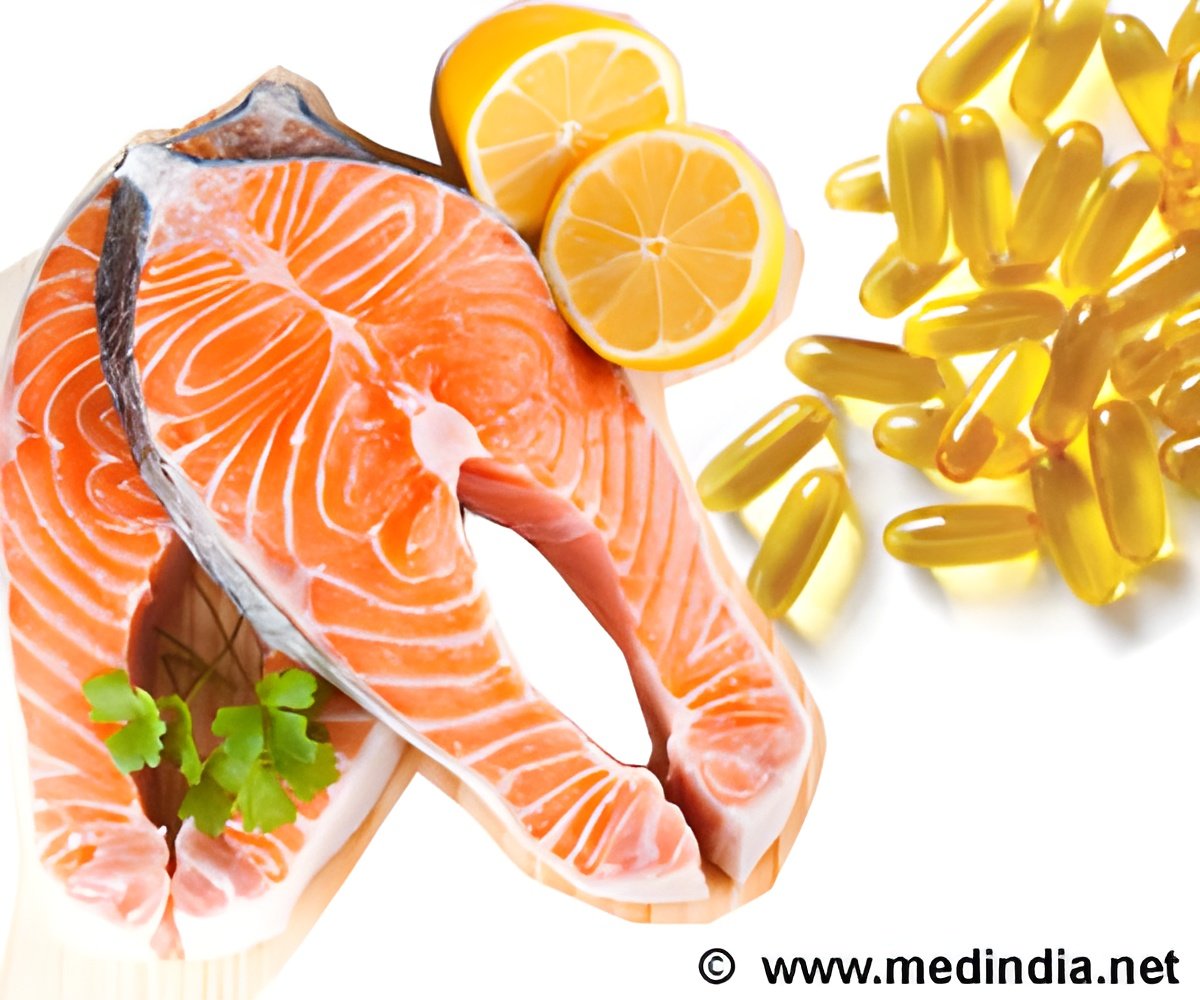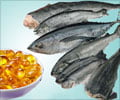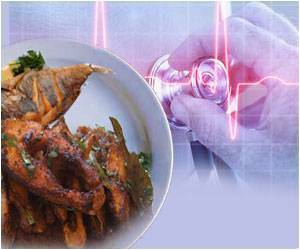A new study has revealed that one of the greatest risk factors for autoimmunity among women of childbearing age may be associated with exposure to mercury such as through seafood.

Lead author Emily Somers said, "We don't have a very good sense of why people develop autoimmune disorders. A large number of cases are not explained by genetics, so we believe studying environmental factors will help us understand why autoimmunity happens and how we may be able to intervene to improve health outcomes. In our study, exposure to mercury stood out as the main risk factor for autoimmunity."
Researchers analyzed data among women aged 16-49 years from the National Health and Nutrition Examination Survey from 1999-2004. They found that greater exposure to mercury was associated with a higher rate of auto-antibodies (proteins made by a person's immune system when it fails to distinguish between its own tissues and potentially harmful cells), a precursor to autoimmune disease.
The authors said, "There are many health benefits to seafood, a lean protein packed with vital nutrients. However, the findings provide further evidence that women of reproductive age should be mindful of the type of fish they're eating."
Somers said, "The presence of auto-antibodies doesn't necessarily mean they will lead to an autoimmune disease. However, we know that auto-antibodies are significant predictors of future autoimmune disease, and may predate the symptoms and diagnosis of an autoimmune disease by years. For women of childbearing age, who are at particular risk of developing this type of disease, it may be especially important to keep track of seafood consumption."
The findings appear in 'Environmental Health Perspectives'.
Advertisement















